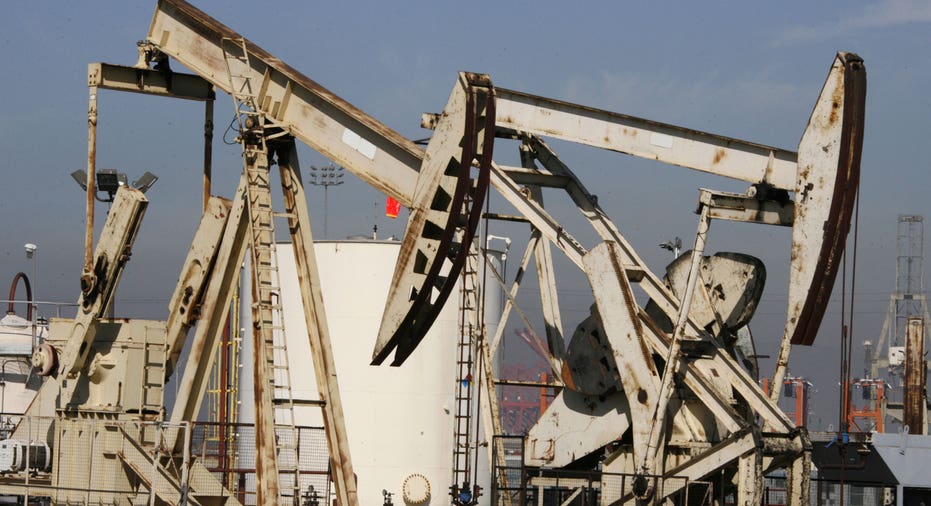Oil settles down after early rally lifts Brent past $50

Oil settled lower on Thursday in choppy trading, as nagging worries about abundant global crude supplies sank prices after an early rally boosted Brent above $50 per barrel for the first time since June 7.
Traders predicted prices would hold near current levels ahead of Monday's meeting between key OPEC and non-OPEC producers in St. Petersburg, Russia. The market has been watching reports that Saudi Arabia, the world's largest crude producer, is considering an additional supply cut to reduce the global glut.
The Financial Times reported Wednesday that the Saudis were considering additional output cuts, citing a consultant's report. On Tuesday, Reuters reported the country was committed to working with other countries to draw down stocks, taking into account the surprising increase in production from OPEC members Nigeria and Libya.
The Organization of the Petroleum Exporting Countries and non-OPEC allies, including Russia, agreed last year to cut production 1.8 million barrels per day (bpd); that deal has been extended to March 2018.
Brent futures <LCOc1> settled at $49.30 a barrel, down 40 cents, or 0.8 percent. U.S. West Texas Intermediate crude futures <CLc1> fell 33 cents to $46.79 a barrel.
In early trade, both benchmarks rose to their highest since June 7, after rallying in the previous session on data showing U.S. crude and fuel inventories fell sharply last week.
U.S. crude inventories <USOILC=ECI> dropped by 4.7 million barrels in the week to July 14, according to the Energy Information Administration, a bigger draw than analysts had forecast.
Gasoline stocks fell 4.7 million barrels, exceeding expectations, while distillate stocks also fell.
"I'm skeptical, after seeing many years of drawdowns in summer driving season," said Gene McGillian, manager of market research at Tradition Energy in Stamford, Connecticut.
"We're waiting to see if this is really what's going on or the normal seasonal drop-off."
U.S. oil stocks, at roughly 490 million barrels, remain well above the five-year average, while U.S. production <C-OUT-T-EIA> has increased almost 12 percent since mid-2016 to 9.4 million bpd.
Oil futures also fell in tandem with other risk markets in the mid-morning after Bloomberg reported that Robert Mueller, special counsel appointed to investigate allegations of Russian interference in the 2016 election and possible ties with U.S. President Donald Trump's administration, was also looking into Trump's business transactions. Stock markets and the dollar dropped on that news before recovering somewhat.
(Additonal reporting by Libby George in London, and Fergus Jensen and Henning Gloystein in Singapore; Editing by David Gregorio and Chris Reese)



















